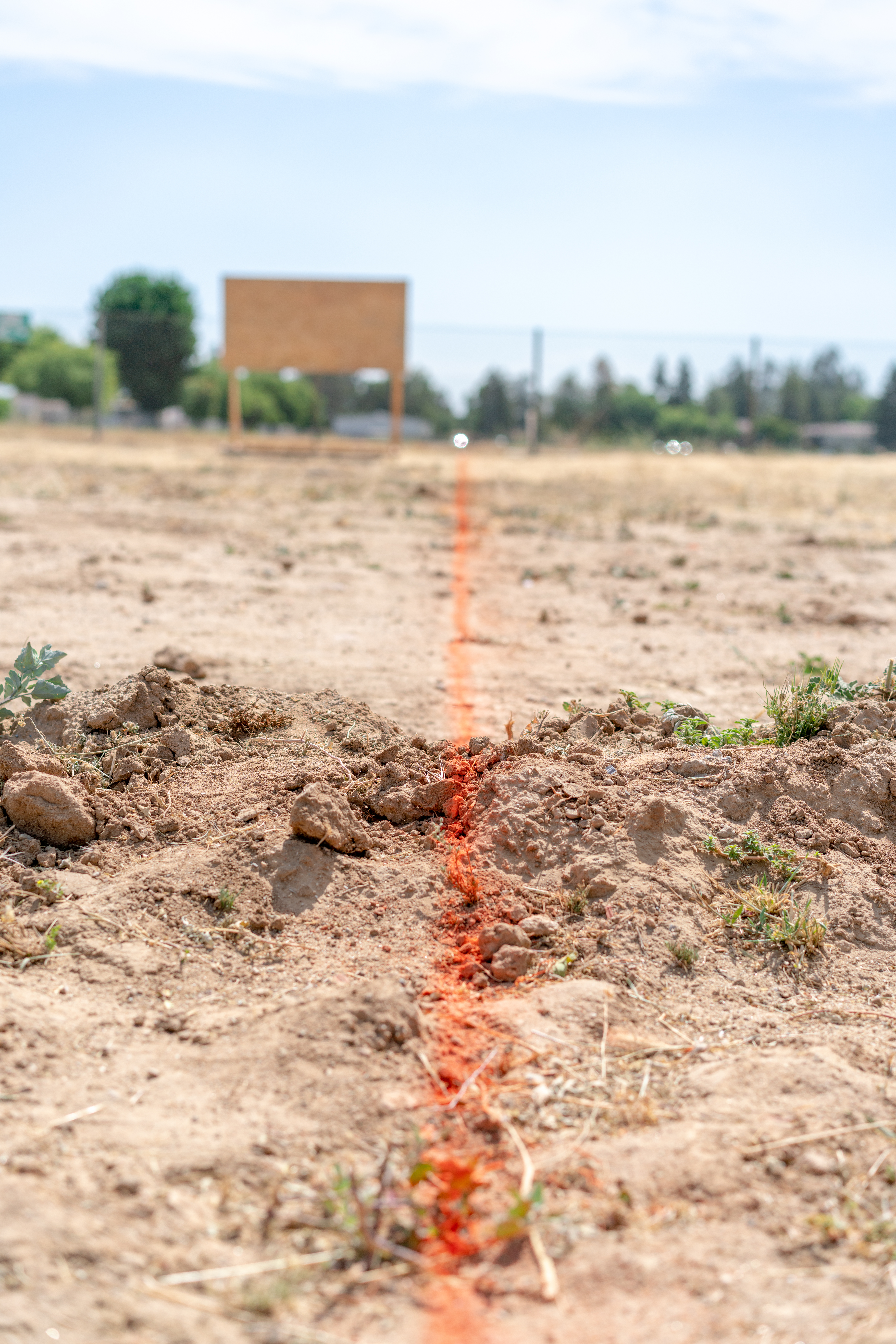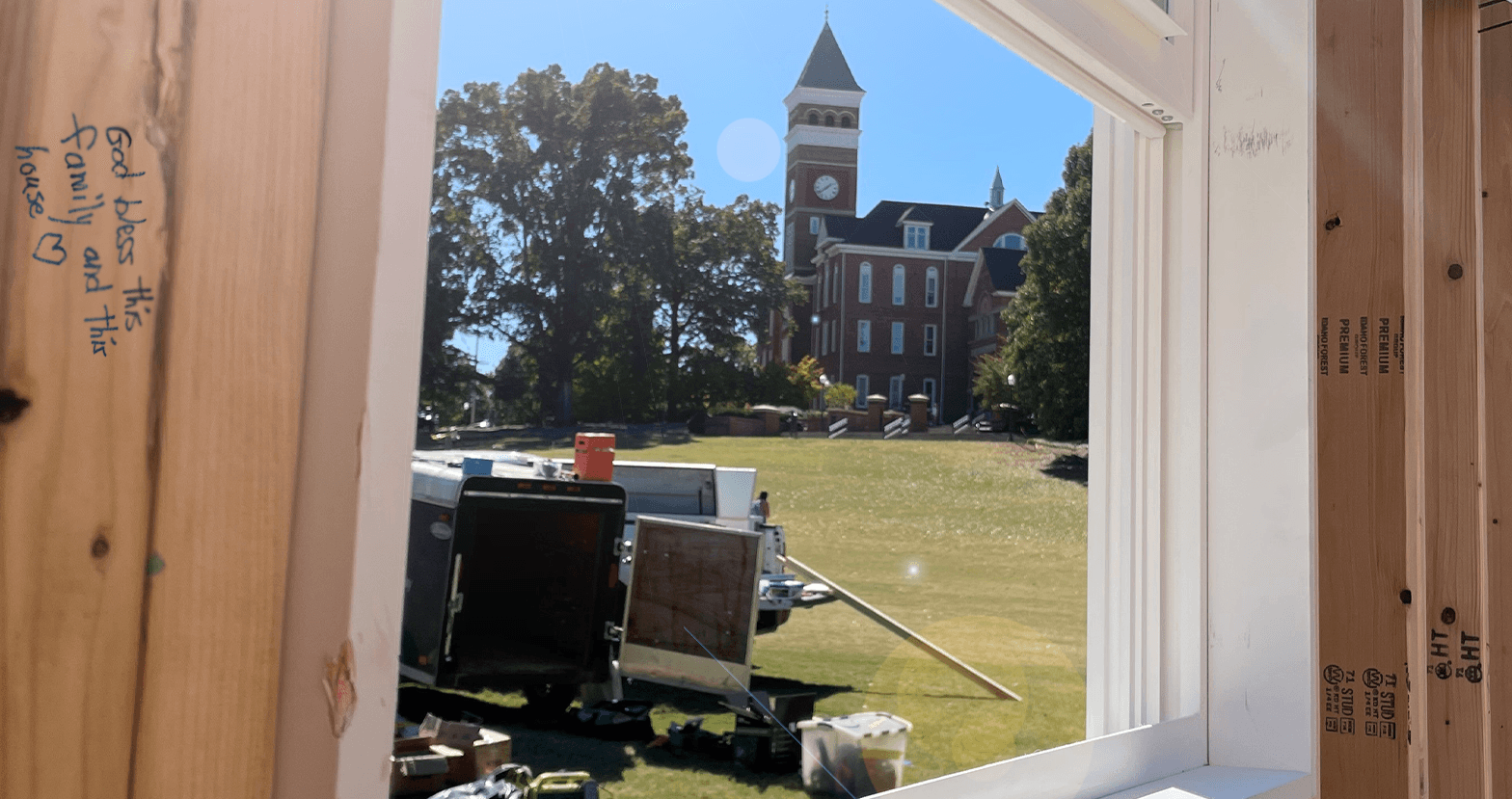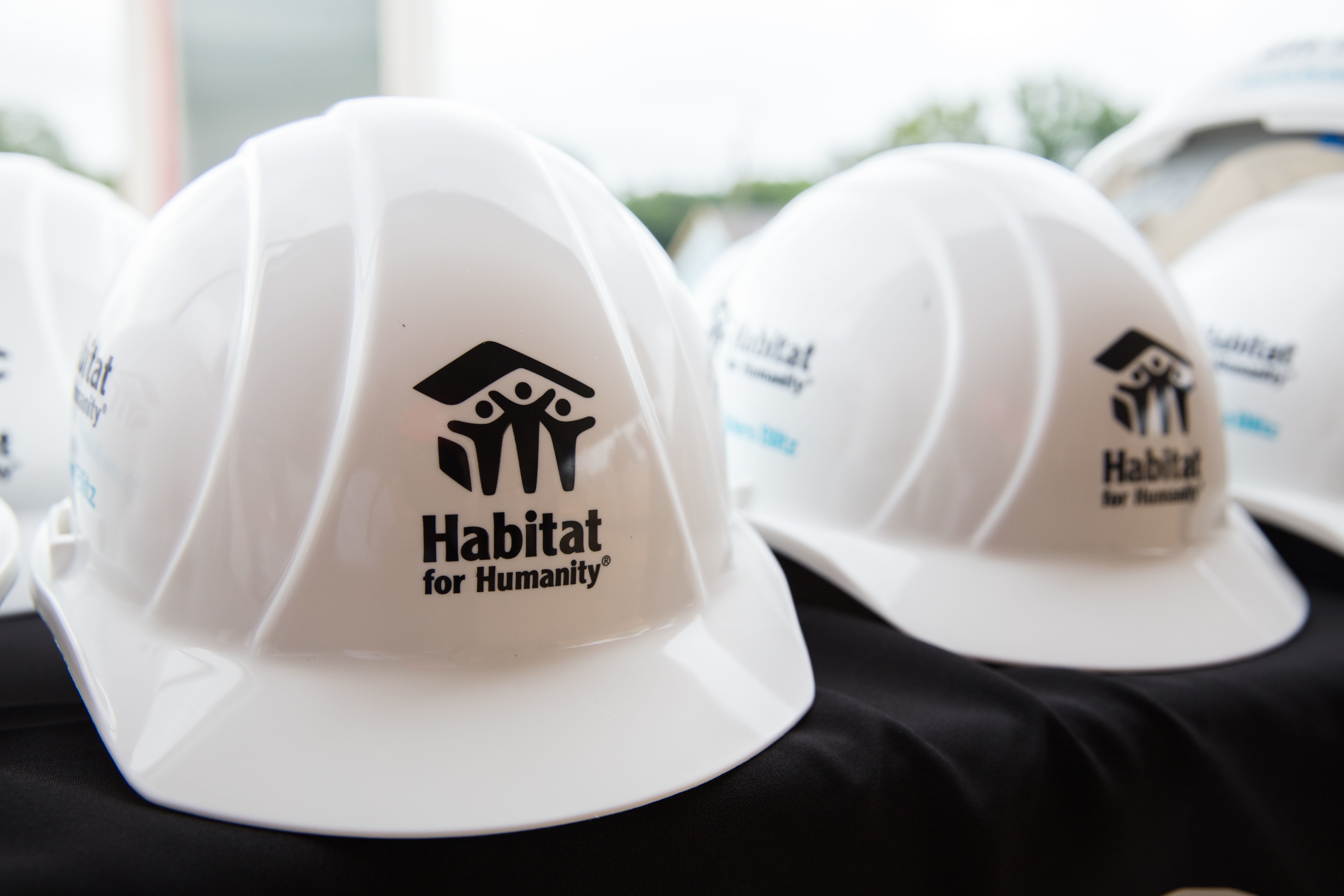
Pickens County Habitat for Humanity (PCHFH) strives to come up with actionable solutions to provide affordable housing in the local community. One of the major needs for PCHFH is the usable and affordable lots to build homes on. This need is not commonly known because people often mistake Habitat’s purpose with the idea that houses are built and given away for free. In fact, building a Habitat home is made possible through a combination of financial and in-kind donations, and many hours of volunteer work. Future homeowners must meet the criteria for Habitat partnership, and will qualify for a mortgage which they are responsible for.
In efforts to keep long-term costs as low as possible for the partner family, PCHFH is careful in their lot selection, as the price of land can drive up the total cost of the house. With the continual rise of land cost, PCHFH turns to the community whenever possible for donated and affordable lots.
“We have to have lots that are affordable for our families which will restrict where we build. We are trying to find lots that are in the $10,000-range which will continue to change,” said Jill Evans, Executive Director of PCHFH.
Along with the cost, there are other aspects of prospective lots that need to be considered and heavily researched before they can be approved. Not only does the lot have to be within a certain price range, it also has to be suitable to build on and needs to be fully examined. For example, prospective lots must be checked for sewer availability or space for a septic tank and leach field. Some neighborhoods may have restrictive covenants that require a brick foundation or an attached garage, which also drive up the total cost of the house.
“Garages are very costly and not a necessity, and it takes away our ability to help other families with affordable homes,” said Evans. “ Because of that, we usually do not build them. So, we have to look at the covenants to see if we can comply with them.”
Another aspect that needs to be considered before approval of a lot is its location to ensure the homeowner family can feel secure. PCHFH does research to make sure the lots, houses, and surrounding properties are well-maintained. They also avoid lots located in high crime areas. Evans said the affiliate has had to decline some offers of land which were seemingly perfect to build on, but were near drug or gang activity.
One of the main concerns for PCHFH surrounds the building of the house itself, with a need for construction funding and available volunteers. Basic building materials have become increasingly difficult to find and the price continues to rise, which makes it difficult for PCHFH to finance construction.
“Construction is expensive to fund,” Evans said. “Over my years, I have seen the cost of basic housing increase dramatically, which is a reflection of the increase in the cost of building materials. And, with COVID, we are now paying three times what we were paying for things like two-by-fours.”
Thankfully, partnerships with churches and organizations who are committed to helping build a house from start to finish provide PCHFH with a consistent number of volunteers. Evans says that many people see and associate Habitat with swinging a hammer but, there are actually multiple ways that community members can get involved. Many people do not realize the need for things like coaching future homeowners or providing financial education and personal budgeting assistance.
For someone who wants to donate their lot they can start by contacting PCHFH about their donation. The construction and safety committee will review all the information about the property provided by the county tax assessor. Members from the property subcommittee will be selected to look at the site to check for survey pins, slopes, and the surrounding area. If the lot is accepted, then legal paperwork will be the next step, such as deed transfers, title searches, and a closing to transfer the property to PCHFH. Those who donate lots can receive a charitable tax credit for their donations, or lots can be sold to PCHFH at an affordable price.
“When someone helps to make a Habitat home possible, it is such a life-changing experience for the family and can put an end to the generational cycle of poverty, which is such a powerful part of the ministry of Habitat,” said Evans.
If you are interested in donating or selling your Pickens County land to Habitat for Humanity for future affordable housing, please call (864) 878-637 or email Jill Evans.


